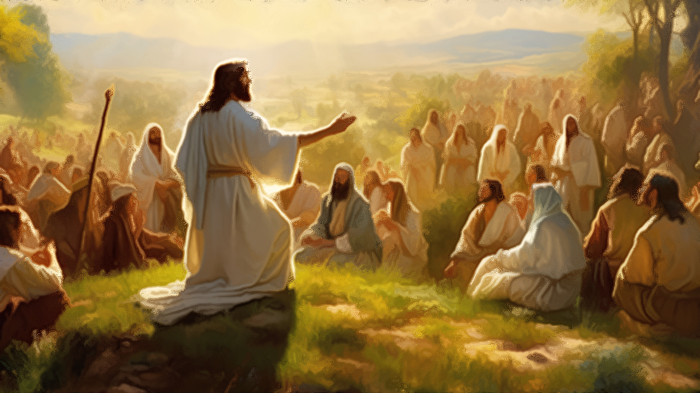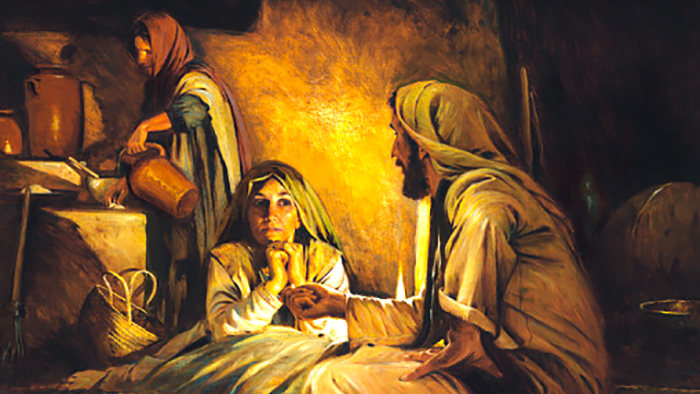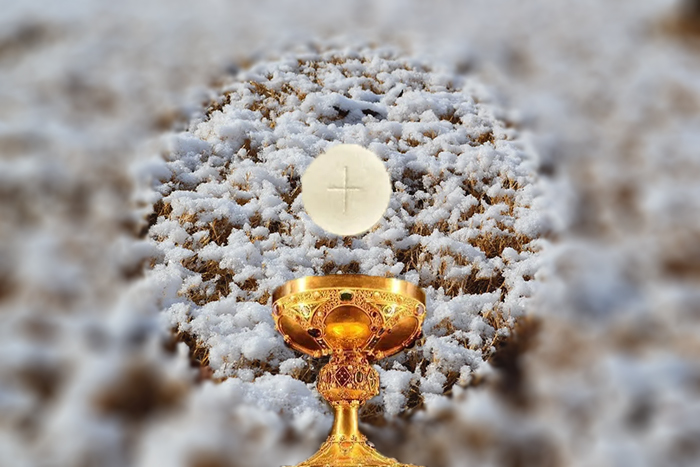
We are entering the month of August. The year is more than half over. How are your New Year’s resolutions going? I bring this thought up, hoping your resolutions have been going well. But if that is not the case, today’s reading from Matthews Gospel gives us something to reflect on that could lead to some amazing resolutions in your life. The things we resolve to do are not necessarily goals we have set. They are things in our life that we won’t allow other things to interfere with. They are real-life regulators of how we spend our time. In today’s reading, the merchant searches for pearls finding a great pearl, and sells all he has to buy it. Earlier in the reading, we see a person finding a buried treasure and selling all he has to buy the field the treasure is located in. Jesus tells us that the kingdom of heaven is greater than all the found treasures. Is your faith journey reflective of this joy in your life, that the kingdom of heaven is the “one thing” in your life that is the treasure above all treasures? If you’re unsure about your answer, seek to add to your resolutions this year by making the kingdom of God the treasure of your heart, mind, and soul – your life’s “one thing” daily regulator.









